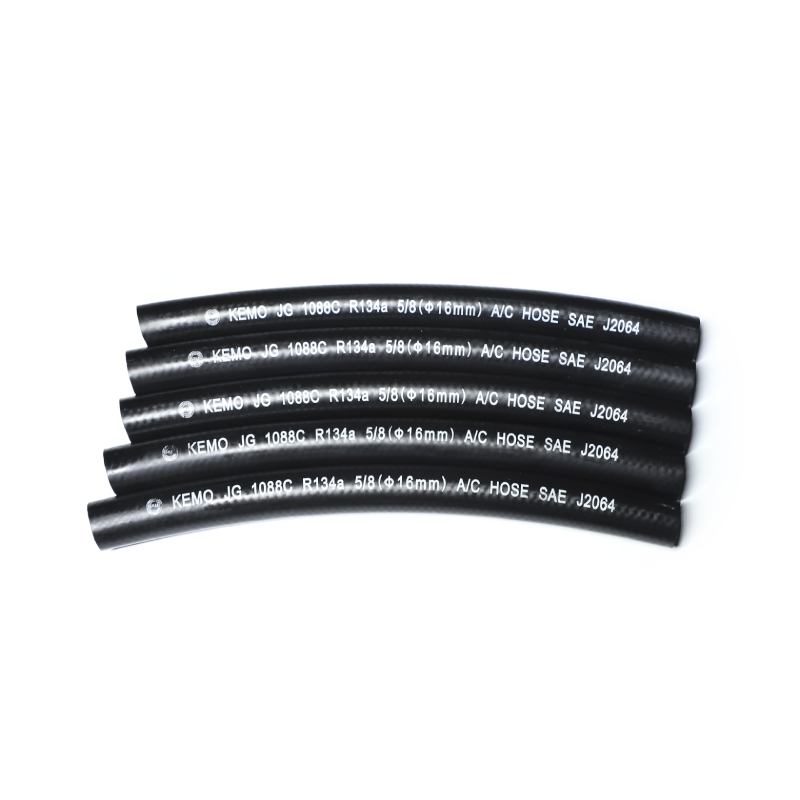Fuel Supply Hose Assembly for Enhanced Performance and Reliability
Lis . 01, 2024 01:10 Back to list
Fuel Supply Hose Assembly for Enhanced Performance and Reliability
Understanding Fuel Line Pipes The Lifeline of Automotive Functionality
Fuel line pipes are an integral component of any automotive system, playing a crucial role in transporting fuel from the tank to the engine. Often overlooked, these pipes are essential for ensuring that vehicles operate efficiently and safely. In this article, we explore the significance, types, and maintenance of fuel line pipes in modern vehicles.
The Importance of Fuel Line Pipes
Fuel line pipes are designed to handle the demands of transporting gasoline or diesel safely and efficiently. They connect the fuel tank to the engine, enabling the flow of fuel required for combustion. The integrity of these pipes is vital; any leaks or blockages can lead to poor engine performance, increased emissions, or even hazardous situations such as fires. Therefore, routine checks and maintenance are essential to the overall health of a vehicle.
Types of Fuel Line Pipes
Fuel line pipes come in various materials and designs, each suited for specific uses. The two most common materials employed are rubber and metal. Rubber fuel lines are flexible and generally used for low-pressure applications, such as in older vehicles. They are quite easy to install but can degrade over time due to heat and exposure to fuel.
In contrast, metal fuel lines, often made from stainless steel or aluminum, are employed for high-pressure applications. These pipes are resistant to fuel and environmental factors, providing durability and longevity. They are typically found in modern vehicles where high-pressure fuel injection systems are commonplace.
Moreover, fuel line pipes can be categorized based on their application supply lines transport fuel from the tank to the engine, while return lines send unused fuel back to the tank. This system ensures that the engine receives a constant supply of fuel at the right pressure.
fuel line pipe

Signs of Fuel Line Pipe Issues
Given the critical nature of fuel line pipes, awareness of potential issues is essential for any vehicle owner. Common signs of problems include fuel odors, visible fuel leaks underneath the vehicle, or a decrease in engine performance. In some cases, a vehicle may experience difficulty starting or stalling, indicating a blockage in the fuel line.
To avoid severe consequences, it's recommended that vehicle owners consult a mechanic for regular inspections of the fuel lines, especially if they notice any irregularities. Mechanics will often check for signs of wear and tear, corrosion, or damage due to road conditions.
Maintenance and Replacement
Proper maintenance of fuel line pipes can prolong their lifespan and ensure optimal vehicle performance. Regular inspections, cleaning, and timely replacement of damaged or worn pipes are crucial. It’s also advisable to use high-quality fuel to minimize deposits and contaminants that can clog the lines.
In the event of a failure, replacing fuel line pipes may seem daunting, but with the right tools and guidance, it can be a straightforward task. It's important to ensure that the replacement lines match the specifications of the original parts, both in size and shape, to ensure proper fit and function.
Conclusion
In conclusion, fuel line pipes may not be the most glamorous aspect of automotive technology, but they play an irreplaceable role in vehicle functionality. Understanding their importance, regular maintenance, and knowing the signs of potential issues can enhance vehicle performance and safety. By taking care of these vital components, car owners can ensure that their vehicles run smoothly and efficiently for years to come.
